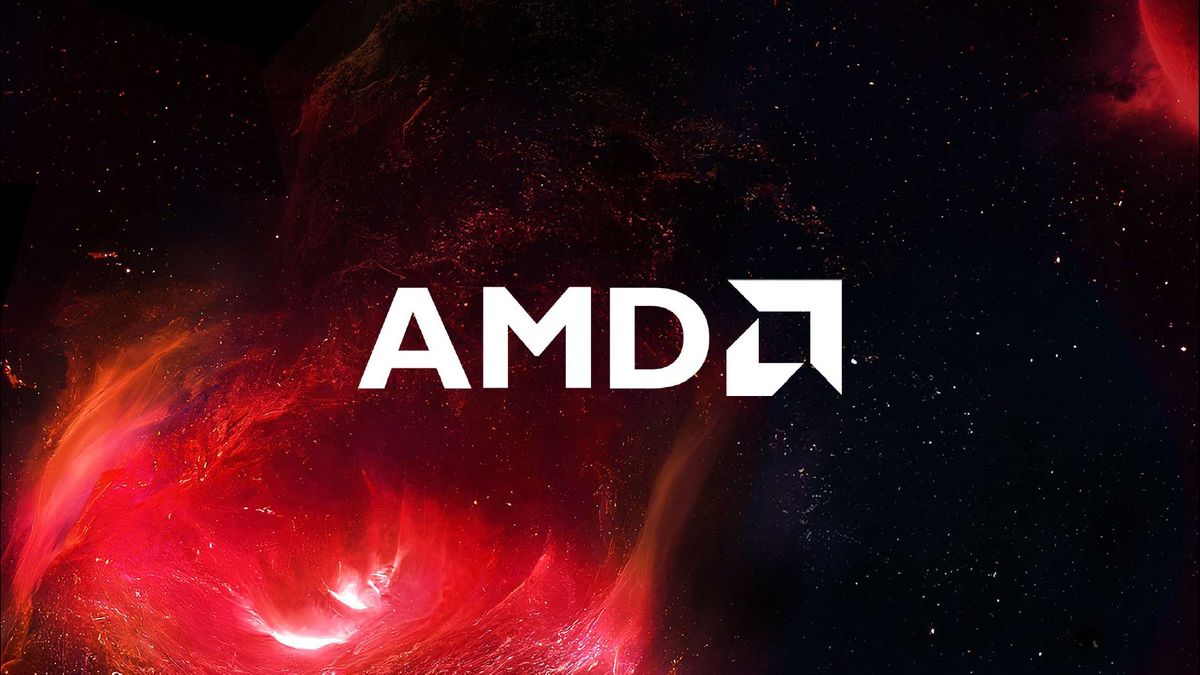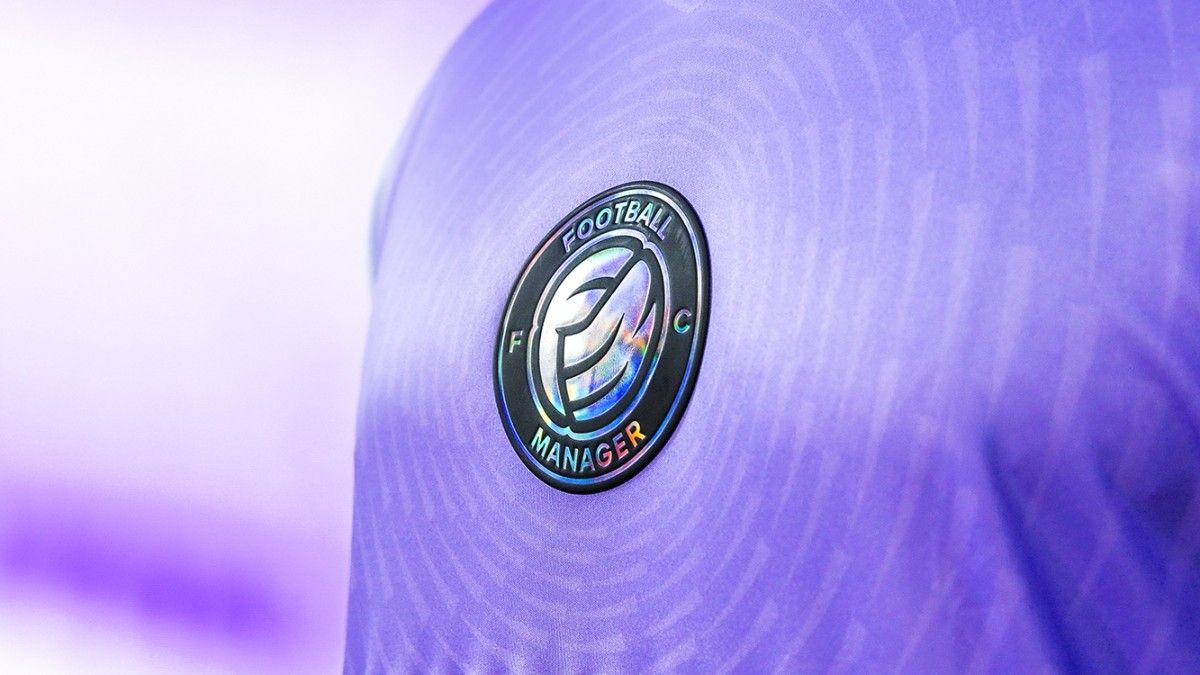What if you could download Netflix’s entire library in under a second? How about every English language page on Wikipedia (including all revisions) five times over?
That’s the dream that scientists with Japan’s National Institute of Information and Communications Technology have made a reality, achieving a world record in data transmission speed of 1.02 Petabits per second over 1,123 miles -- roughly the distance between Miami and Cleveland.
To put that in perspective, we usually measure internet speed in Megabits per second (Mbps). A Petabit is equal to a billion Megabits, which means the speed achieved by the NICT researchers would measure out to 1,020,000,000Mbps -- more than 3.5 million times faster than the average internet speed in the US right now.
Why would you need to transmit data that quickly? It might seem like a novelty record akin to hooking up 444 gaming consoles to one TV, but the breakthrough speeds have legitimate real-world implications.
“The result represents a major step forward in developing scalable, high-capacity networks and addressing the world’s growing demand for data,” the NICT report states.
That’s because the researchers used fiber-optic cables that are compatible with infrastructure that already exists. For the test, they used a 19-core optical fiber with a standard cladding diameter of 0.125 mm -- the same thickness currently used in networks around the world.
This 19-core optical fiber is able to use 19 different light paths to transmit data in the same space that’s usually taken up by one. That’s how you can get such a massive increase in capacity without entirely overhauling the 870,000 miles of undersea cables that run the internet.
We may need that increase in speed sooner than we think, too. A well-known rule in the networking world called Nielsen’s law states that a high-end internet user’s connection speed grows by roughly 50% each year, doubling every 21 months -- an observation that has held true since 1983. I’d say a high-end internet user has one-gig speeds right now; in a decade, it’s not hard to imagine that being 10 Gigabits per second. To keep up with growing demand like that, we’ll need a lot more records to be broken.









 English (US) ·
English (US) ·